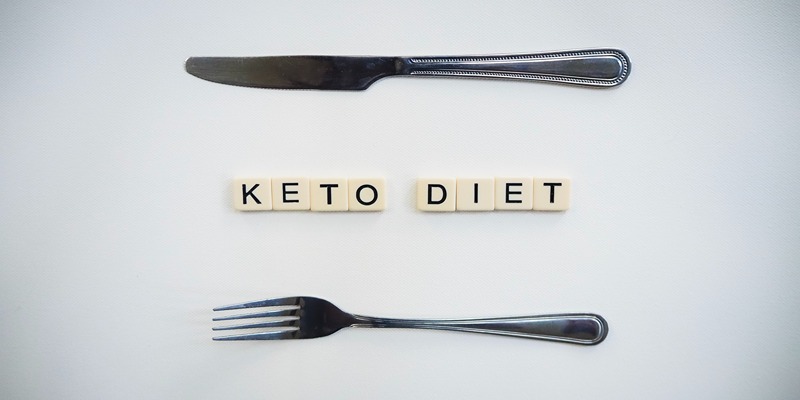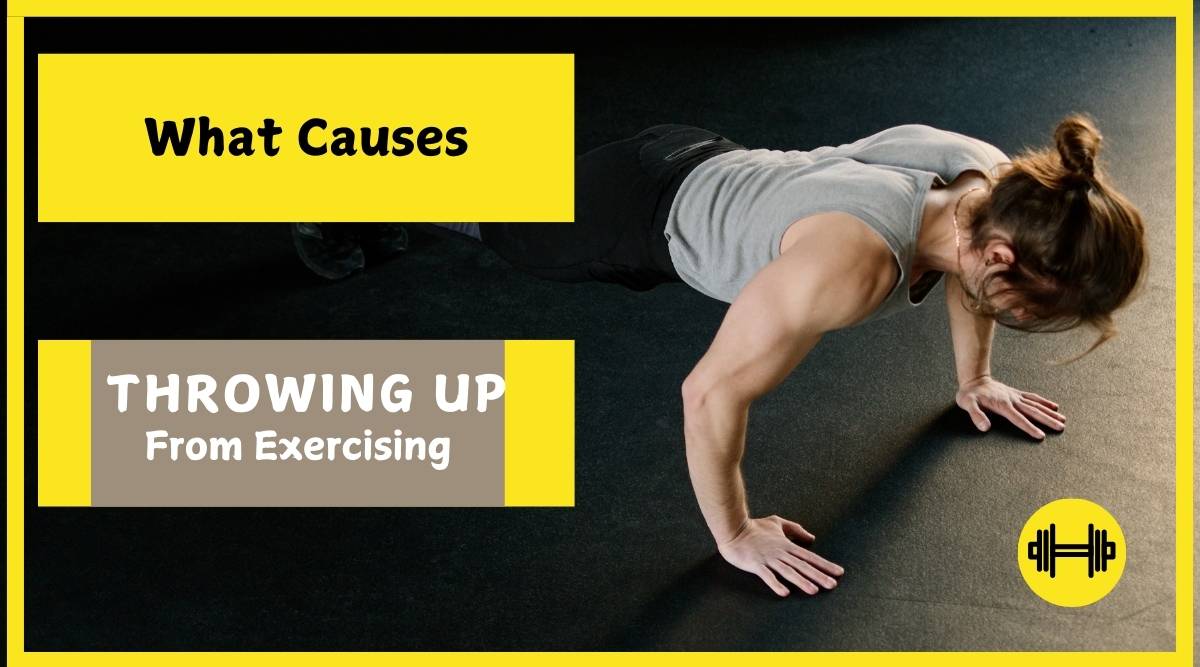Understanding Daily Protein Needs
Oct 09, 2023 By Nancy Miller
Protein is necessary for many physiological activities. It helps grow muscles, heal tissues, synthesize enzymes and hormones, and boosts immunity. But many wonder, "How much protein do I need?" Age, gender, activity level, and health issues affect the answer.
The Basic Functions of Protein
Every cell in our body contains protein. It is essential in bones, muscles, cartilage, skin, and blood. Even our hair contains protein, which indicates its fundamental importance. Consuming adequate protein is paramount for health and is more than just a concern for athletes or bodybuilders. Protein type matters; protein powder is famous for its simplicity and versatility.
Animal-based and Plant-based Proteins
The two proteins, animal and plant-based proteins, are given briefly below:
Animal-Based Proteins
Prime sources are meat, poultry, fish, eggs, and dairy. When called "complete" proteins, they include all the critical amino acids our bodies cannot produce. Eating these achieves an amino acid profile that supports muscle maintenance and immunological responses.
Plant-Based Proteins
Beans, nuts, seeds, and grains are plant-based proteins. Plant proteins are often said to be "incomplete," lacking essential amino acids. While this is true for some, combinations of different plant sources can provide the full spectrum of essential amino acids. For instance, combining beans with rice ensures a complete profile. This versatility is why many vegetarians and vegans can meet their amino acid needs with careful planning.
Determining Protein Needs
Protein is a cornerstone in nutrition, influencing everything from muscle repair to enzymatic processes. The question often arises: "How much protein do I need?"
Sedentary Adults
If you lead a predominantly inactive lifestyle, a foundational guideline is 0.8 grams of protein for every kilogram you weigh. Break it down, and you'll find that a woman weighing 68 kg should aim for around 54 grams of protein daily.
Physically Active Individuals
Protein becomes even more crucial for those often on their feet, whether due to endurance sports, weightlifting, or labor-intensive jobs. These individuals should aim for 1.2 to 2.0 grams per kilogram. Not only does this support muscle repair, but it also ensures adequate energy and stamina.
Pregnancy and Breastfeeding
These life stages demand increased nutritional care. Protein acts as a foundational block for growing infants. Therefore, mothers in these stages might consider bumping their intake to 1.1 grams per kilogram to support their needs and those of their children.
Elderly
With aging comes a natural decline in muscle mass. Older adults can benefit from a slightly elevated protein intake to combat this. Aiming for up to 1.2 grams per kilogram can help maintain muscle tone and overall physical health.
Hair Protein and Its Importance

Hair, often seen as a reflection of health and vitality, has protein at its core. More specifically, hair primarily consists of a protein named keratin. This protein gives hair its structure and contributes to its strength and elasticity.
Hair growth can slow down or halt when the body doesn't receive adequate protein. Over time, protein deficiency can lead to hair becoming brittle, dry, and prone to breakage. Furthermore, severe protein deficiency can lead to a noticeable loss of hair color, making strands appear grayer.
On the other hand, a protein-rich diet can reinforce hair strength, reduce breakage, and promote shine and volume. In short, ensuring an adequate protein intake is vital if you're looking to keep your locks luscious.
Beyond dietary protein, the beauty industry recognizes the role of protein, particularly keratin, in hair health. Numerous hair treatments and products are enriched with proteins to offer external benefits. These treatments can replenish hair protein, making strands appear healthier and more vibrant.
Is There Such a Thing as Too Much Protein?
Protein is vital, but overeating over time might be harmful. Some studies suggest a high-protein diet may strain the kidneys, especially in patients with renal disease. Using red meats for protein may also increase saturated fats, harming heart health.
Incorporating Protein into Your Diet
Many foods are rich in protein when considering the diverse menu options available. Tofu, tempeh, and other meat substitutes present excellent choices for vegetarians or those reducing meat intake. However, animal eaters gain from lean meats, fish, and eggs. While dairy lovers may prefer milk and Greek yogurt, plant-based eaters may prefer quinoa, lentils, and nuts.
Including these protein-rich foods in regular meals can meet the daily protein requirements of most individuals. Therefore, tracking every gram might be necessary if you have a specific health goal or condition. One can also explore a list of 16 high-protein foods available online for various options.
Decoding “Grams of Protein”
A common misconception is equating the weight of a food item with its protein content. However, they aren't synonymous. When nutritional experts mention "grams of protein," they pinpoint the exact amount of the macronutrient in the food. For clarity, consider an 8-ounce beef serving. It weighs 226 grams, but the protein content is just 61 grams.
Similarly, a hefty egg might weigh around 46 grams, but its protein is a mere 6 grams. Such distinctions are crucial when planning a protein-rich diet, especially if one is considering options like protein powder.
Protein Needs for the Average Individual

Each individual’s protein requirements can vary based on numerous factors. Regular weightlifters have different needs than sedentary people. Moderate-weight non-exercisers need 10–35% protein in their diets. Due to exercise, weight, age, gender, and health, the average U.S. male needs 34-56 grams daily, and the average female 34-46 grams. These are broad guidelines.
However, protein's benefits may suggest a larger intake. After all, many wonder, "How much protein I need," especially when considering hair protein and its impact on hair health. It's always recommended to prioritize individual health goals and consult with professionals for tailored advice.
Conclusion
Protein is essential to a balanced diet, regardless of lifestyle or health goals. Protein is vital for sports and muscle building, but even sedentary people must acquire their daily dose. Whether you get your protein from whole foods, supplements like protein powder, or both, informed decisions are crucial. Understanding these basic concepts will help you determine how much protein you need or if protein affects hair health. Talk to doctors about customizing your diet.

Mastering Keto: Essential Foods to Activate Ketosis

Effective Strategies for Sustainable Weight Loss

Maximizing Wellness: Uncovering 15 Benefits of Vitamin A

Simple and Natural Ways to Ease Acne Flare-Ups

Mastering Oily Skin: Tips and Tricks

Maximizing Lavender Oil Benefits and Effective Usage Methods

Natural Skin Hydration Basics


